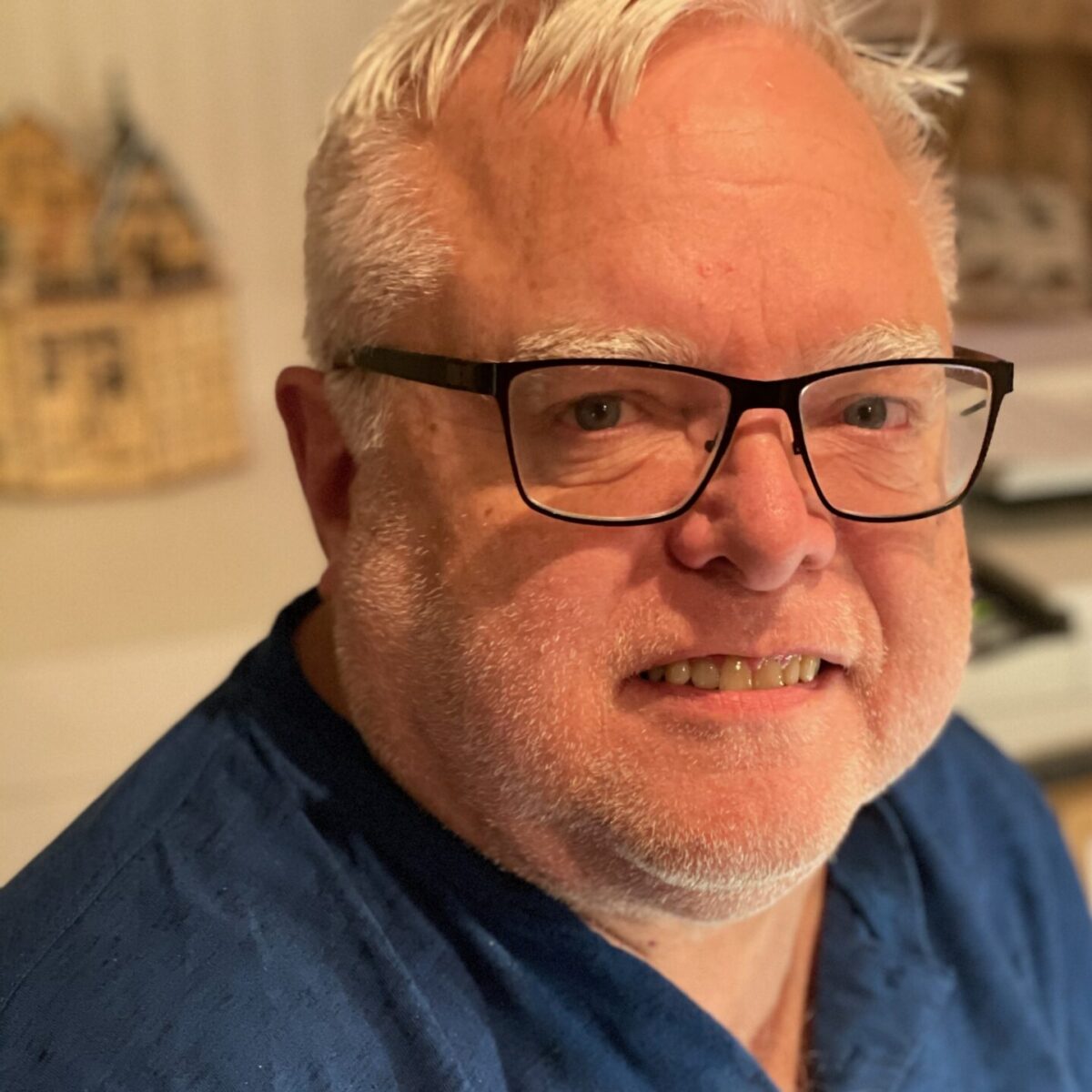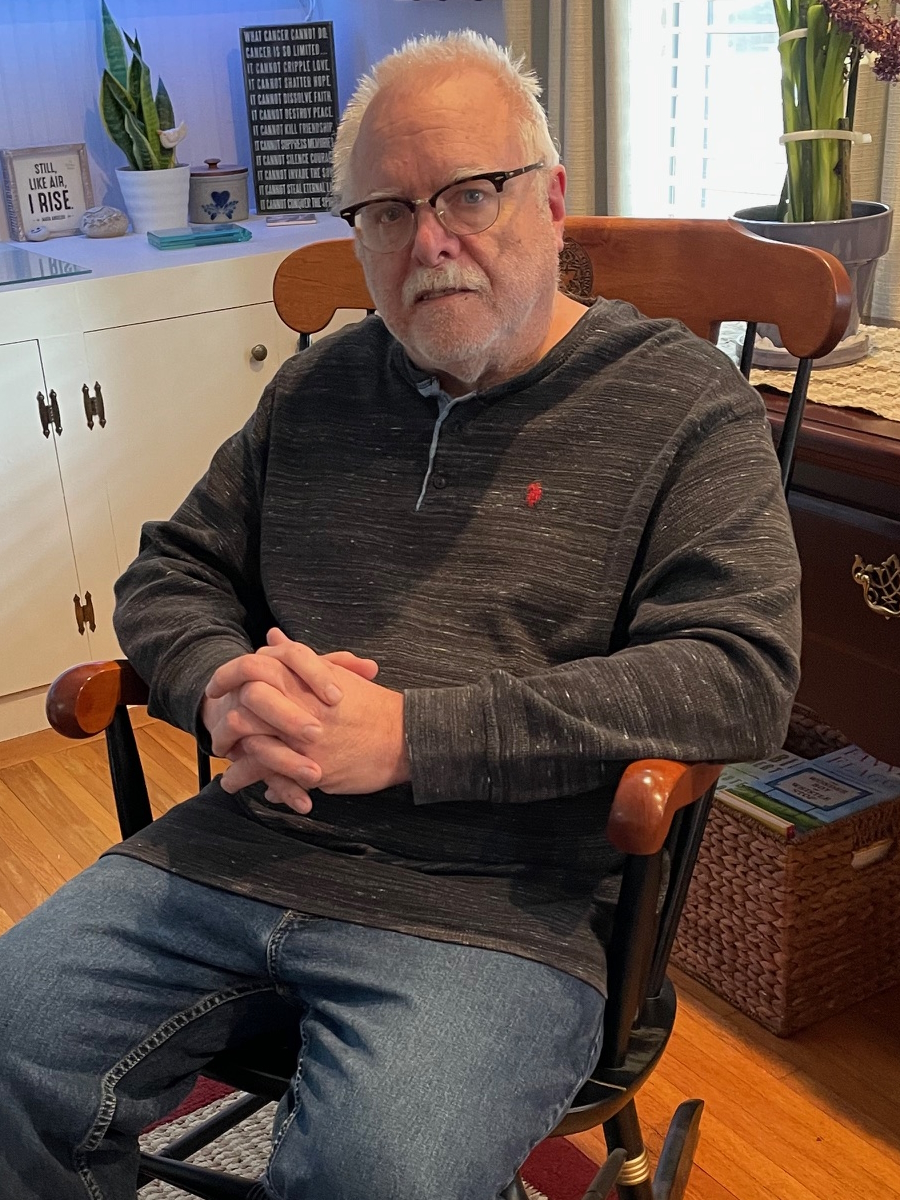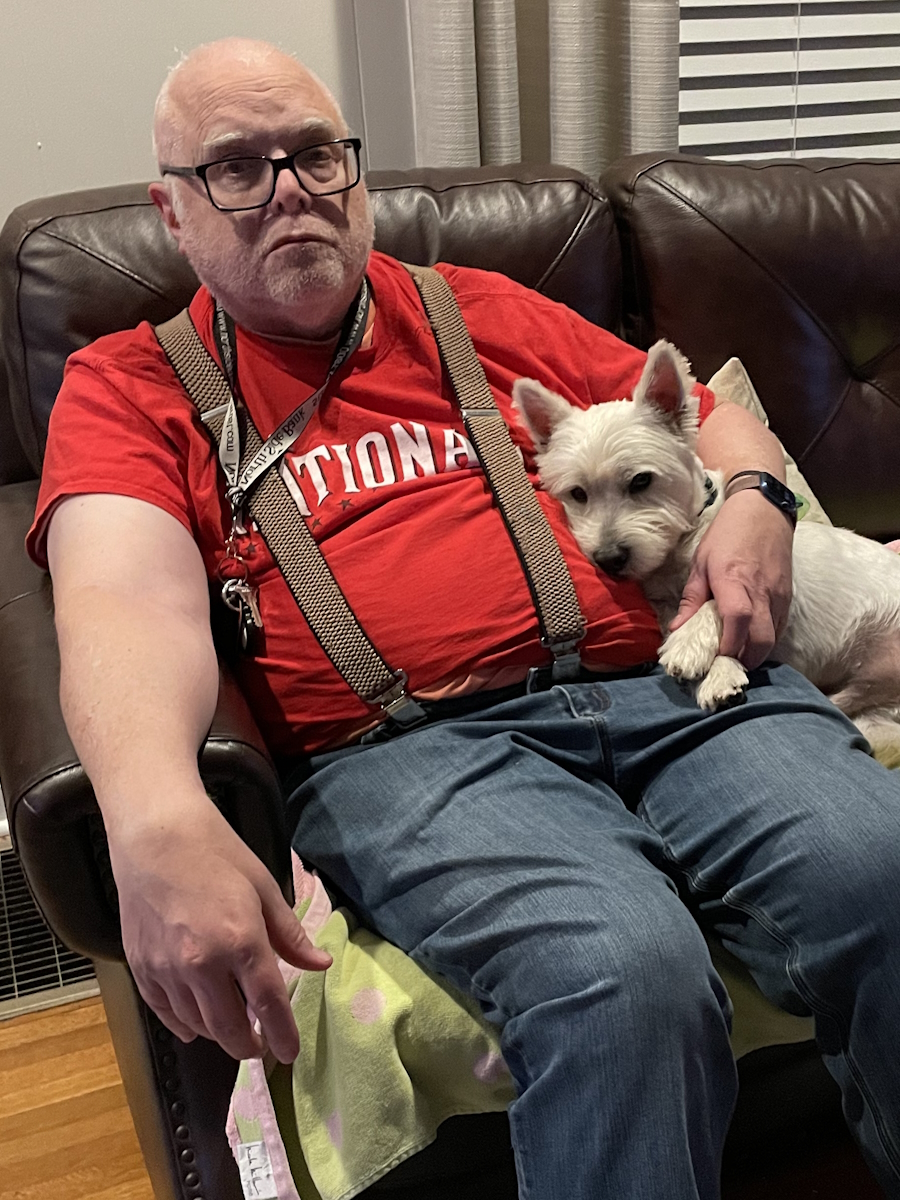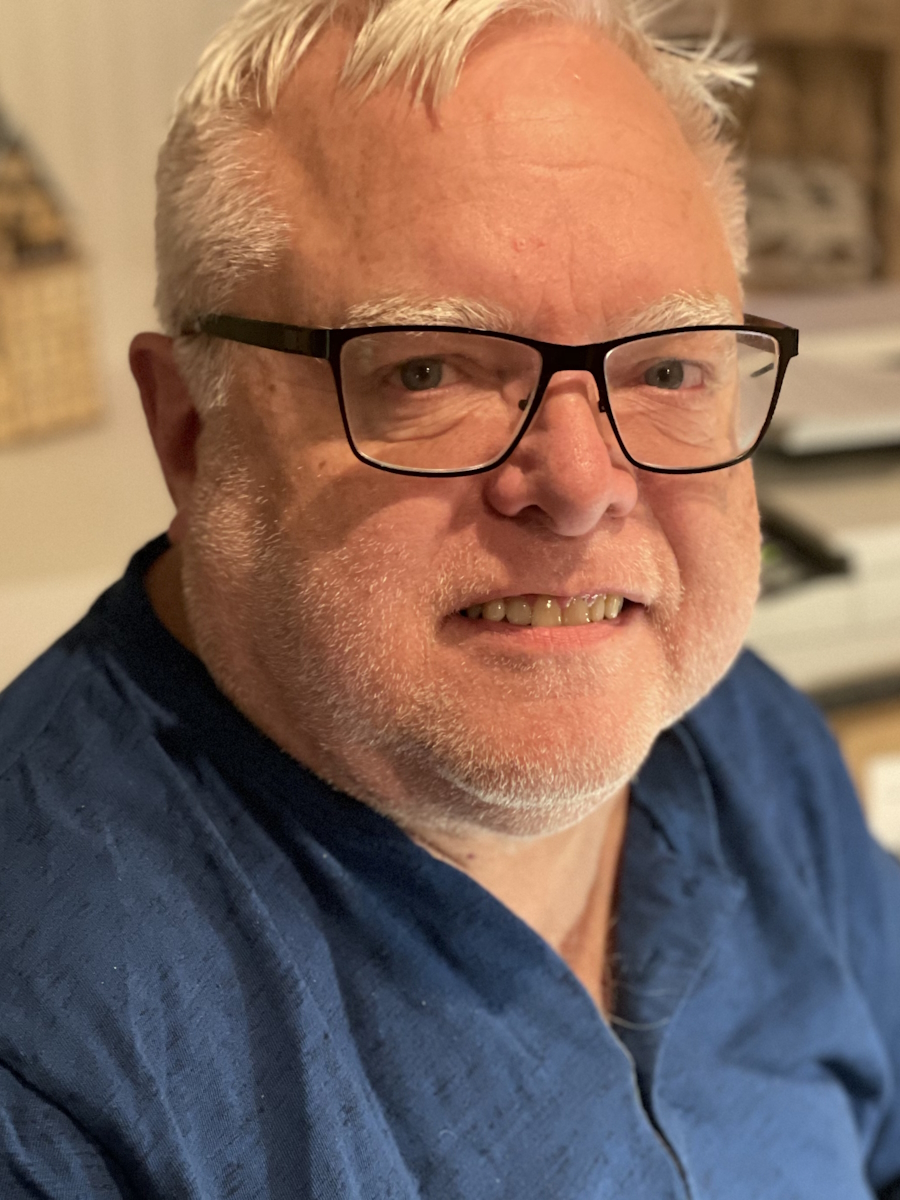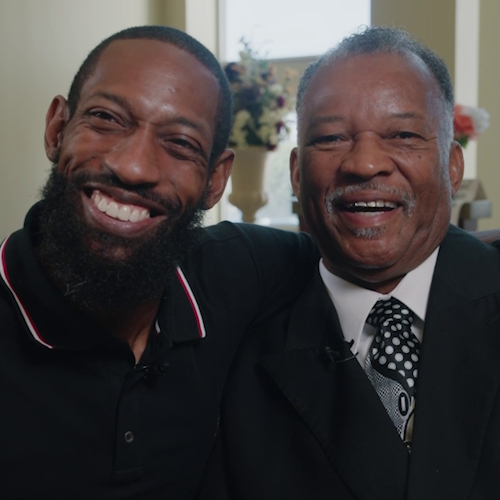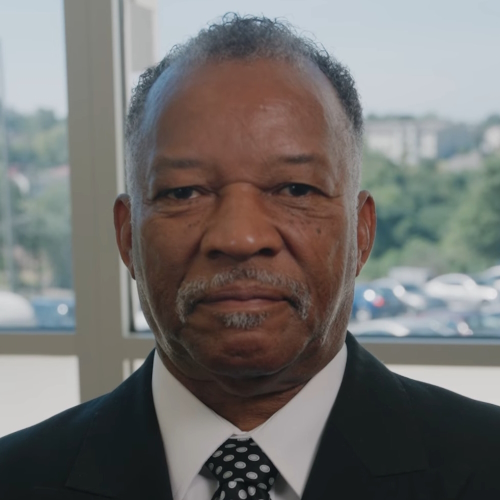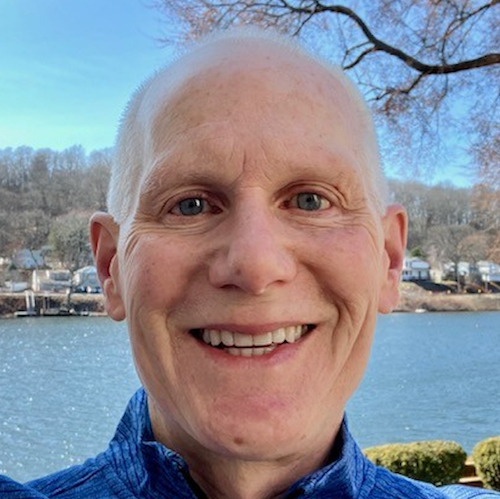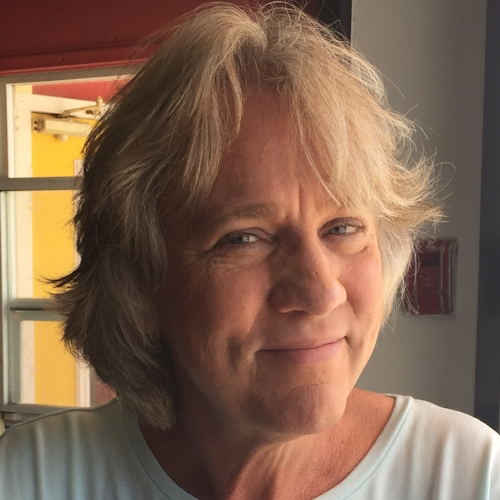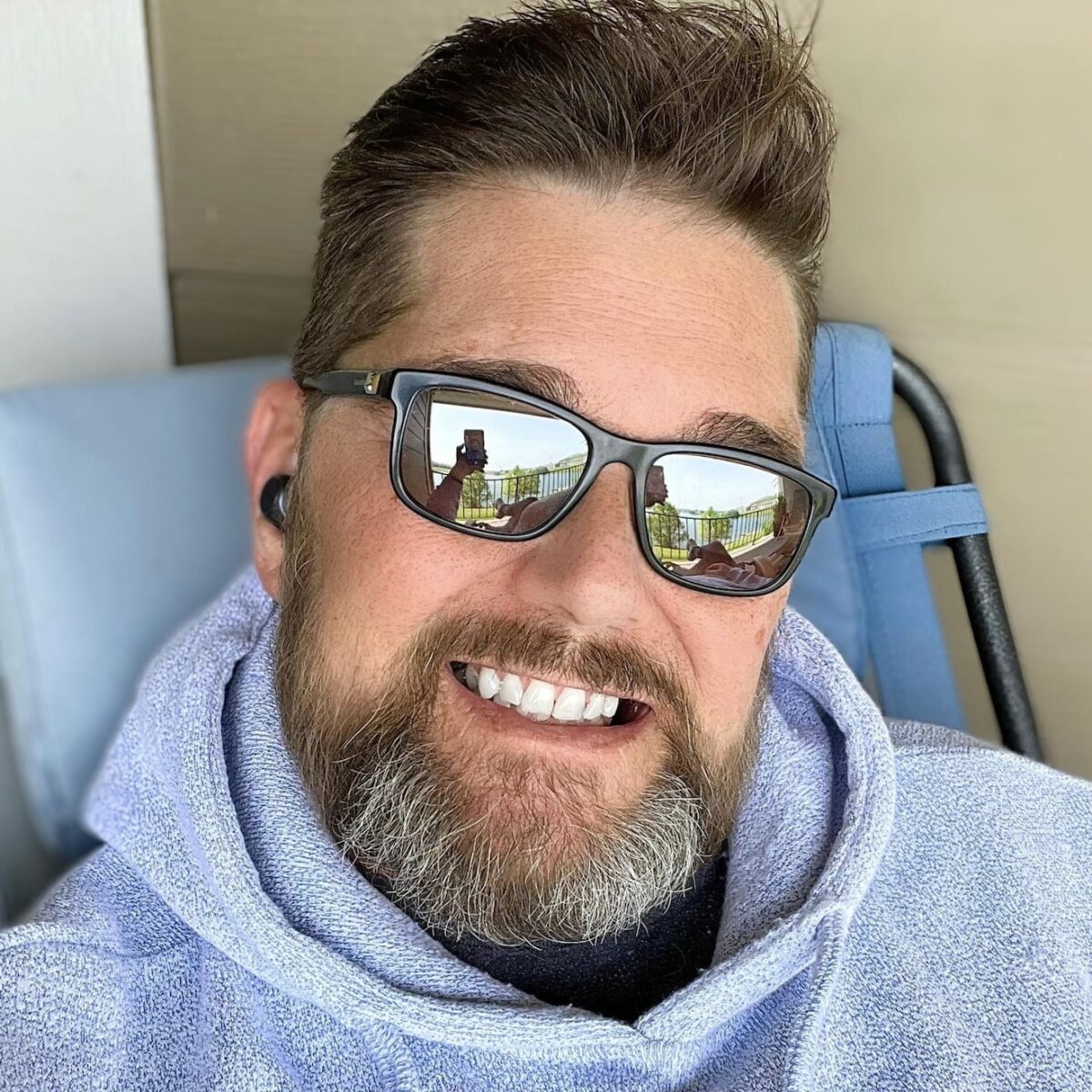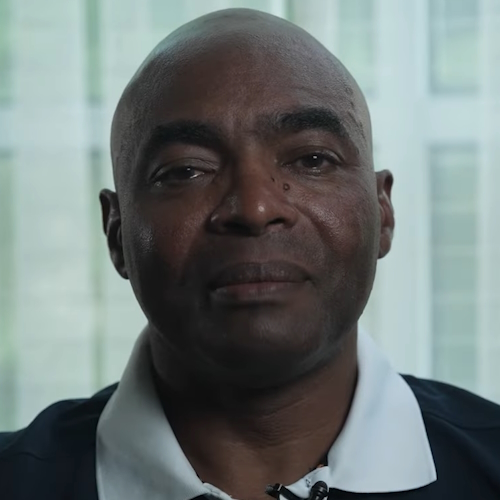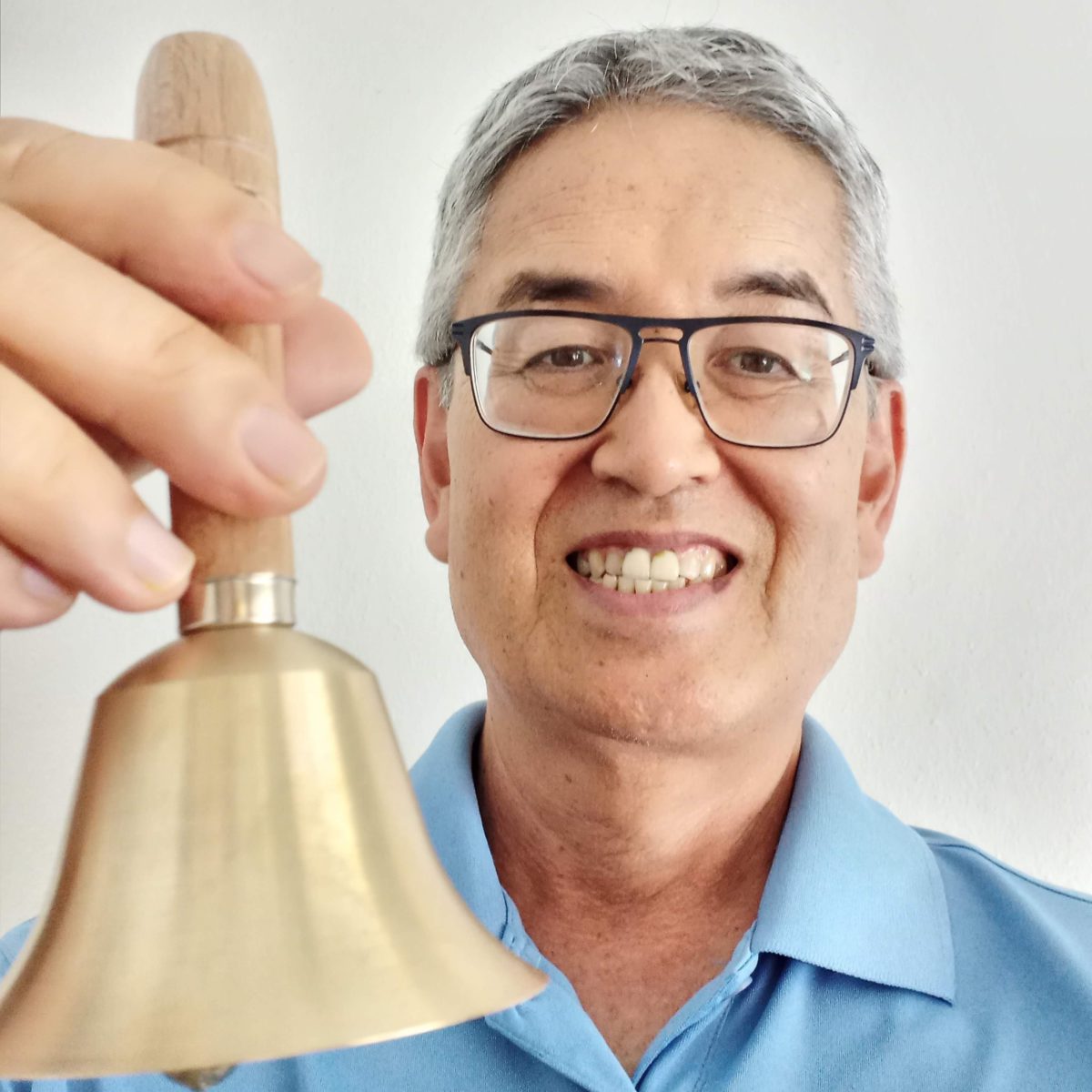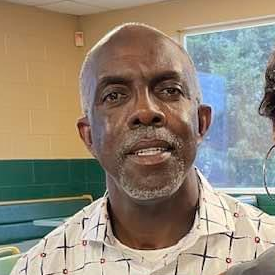How a PSA Test and Peer Mentoring Helped Rob Face Stage 4 Prostate Cancer
Rob hadn’t expected much from the PSA test (prostate-specific antigen test), it was ordered by his urologist “just in case” after a visit for erectile dysfunction. But that simple test changed everything. His PSA level was 44, far outside the normal range. What followed was a diagnosis of stage 4 prostate cancer, news that left Rob reeling.
Interviewed by: Nikki Murphy
Edited by: Katrina Villareal
A biopsy soon confirmed the worst: prostate cancer, and eventually, that it had spread to his lymph nodes, qualifying it as stage 4. Rob’s world turned upside down. He immediately assumed the worst, and even started to prepare end-of-life documents. One oncologist bluntly told him there would be no cure.
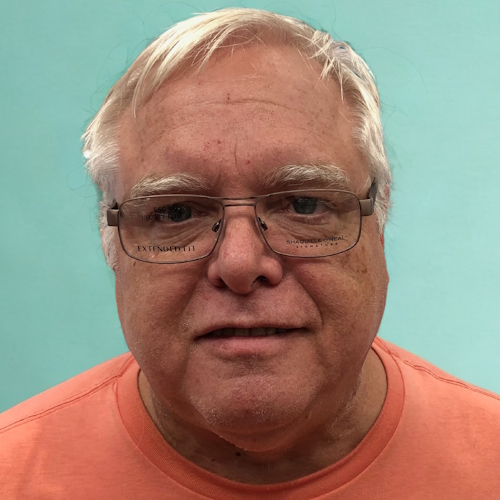
The emotional weight was hard to carry, and Rob admits it took a full year of therapy even to begin managing the anger, fear, and grief that came with his diagnosis. Therapy helped him find clarity amid the emotional chaos and process the many losses he faced physically, psychologically, and relationally.
Rob describes the emotional roller coaster vividly, but through it all, he clung to four words: faith, hope, gratitude, and acceptance. These weren’t just abstract ideas; they became his emotional compass. Faith helped him share the load with something bigger than himself. Hope, even when it flickered, was always present. Gratitude helped him stay grounded. And acceptance, while the hardest, was the most healing.
Support came in many forms, but what stood out most to Rob was one-on-one connection. Through Imerman Angels, a nonprofit that matches individuals with similar cancer experiences, he found a mentor who truly understood the emotional weight of stage 4 prostate cancer. While group support has undeniable value and can foster community, Rob felt that having someone walk beside him on a more personal level offered the space to process his emotions more deeply. Today, he pays it forward by mentoring others, aiming to uplift and empower without overwhelming.
While he experienced lasting side effects — from incontinence to penile shrinkage — Rob emphasizes that honest, proactive care could have prevented much of the trauma. Still, he’s found new ways to build intimacy, especially through therapy with his wife. By sharing his story, he wants others to learn from his experiences, ask the hard questions, and not face cancer alone.
Watch Rob’s video to find out more about his story:
- The PSA test that changed everything, even though Rob almost skipped it.
- Why Rob thought he was going to die, and what happened next, which surprised everyone.
- The side effect doctors didn’t warn Rob about and why it still affects him today.
- How four simple words, faith, hope, gratitude, and acceptance became Rob’s lifeline during stage 4 prostate cancer.
- From anger to acceptance: How he learned to live again.
- Name: Rob M.
- Age at Diagnosis:
- 65
- Diagnosis:
- Prostate Cancer
- Staging:
- Stage 4
- Symptoms:
- Burning sensation while urinating
- Erectile dysfunction
- Treatments:
- Surgeries: Radical prostatectomy, artificial urinary sphincter (to address incontinence), penile prosthesis
- Radiation therapy (EBRT)
- Hormone therapy: androgen deprivation therapy (ADT)
This interview has been edited for clarity and length. This is not medical advice. Please consult with your healthcare provider to make informed treatment decisions.
The views and opinions expressed in this interview do not necessarily reflect those of The Patient Story.

Inspired by Rob's story?
Share your story, too!
More Prostate Cancer Stories
Jamel Martin, Son of Prostate Cancer Patient
“Take your time. Be patient with the loved one that you are caregiving for and help them embrace life.”
Joseph M., Prostate Cancer
When Joseph was diagnosed with prostate cancer, the news came as a shock and forced him to face questions about his health, future, and faith. He shares how he navigated his diagnosis, chose robotic surgery, and learned to open up to his loved ones about his health.
Rob M., Prostate Cancer, Stage 4
Symptoms: Burning sensation while urinating, erectile dysfunction
Treatments: Surgeries (radical prostatectomy, artificial urinary sphincter to address incontinence, penile prosthesis), radiation therapy (EBRT), hormone therapy (androgen deprivation therapy or ADT)
John B., Prostate Cancer, Gleason 9, Stage 4A
Symptoms: Nocturia (frequent urination at night), weak stream of urine
Treatments: Surgery (prostatectomy), hormone therapy (androgen deprivation therapy), radiation
Eve G., Prostate Cancer, Gleason 9
Symptom: None; elevated PSA levels detected during annual physicals
Treatments: Surgeries (robot-assisted laparoscopic prostatectomy & bilateral orchiectomy), radiation, hormone therapy
Lonnie V., Prostate Cancer, Stage 4
Symptoms: Urination issues, general body pain, severe lower body pain
Treatments: Hormone therapy, targeted therapy (through clinical trial), radiation
Paul G., Prostate Cancer, Gleason 7
Symptom: None; elevated PSA levels
Treatments: Prostatectomy (surgery), radiation, hormone therapy
Tim J., Prostate Cancer, Stage 1
Symptom: None; elevated PSA levels
Treatments: Prostatectomy (surgery)
Mark K., Prostate Cancer, Stage 4
Symptom: Inability to walk
Treatments: Chemotherapy, monthly injection for lungs
Mical R., Prostate Cancer, Stage 2
Symptom: None; elevated PSA level detected at routine physical
Treatment: Radical prostatectomy (surgery)
Jeffrey P., Prostate Cancer, Gleason 7
Symptom: None; routine PSA test, then IsoPSA test
Treatment: Laparoscopic prostatectomy
Theo W., Prostate Cancer, Gleason 7
Symptom: None; elevated PSA level of 72
Treatments: Surgery, radiation
Dennis G., Prostate Cancer, Gleason 9 (Contained)
Symptoms: Urinating more frequently middle of night, slower urine flow
Treatments: Radical prostatectomy (surgery), salvage radiation, hormone therapy (Lupron)
Bruce M., Prostate Cancer, Stage 4A, Gleason 8/9
Symptom: Urination changes
Treatments: Radical prostatectomy (surgery), salvage radiation, hormone therapy (Casodex & Lupron)
Al Roker, Prostate Cancer, Gleason 7+, Aggressive
Symptom: None; elevated PSA level caught at routine physical
Treatment: Radical prostatectomy (surgery)
Steve R., Prostate Cancer, Stage 4, Gleason 6
Symptom: Rising PSA level
Treatments: IMRT (radiation therapy), brachytherapy, surgery, and lutetium-177
Clarence S., Prostate Cancer, Low Gleason Score
Symptom: None; fluctuating PSA levels
Treatment: Radical prostatectomy (surgery)
